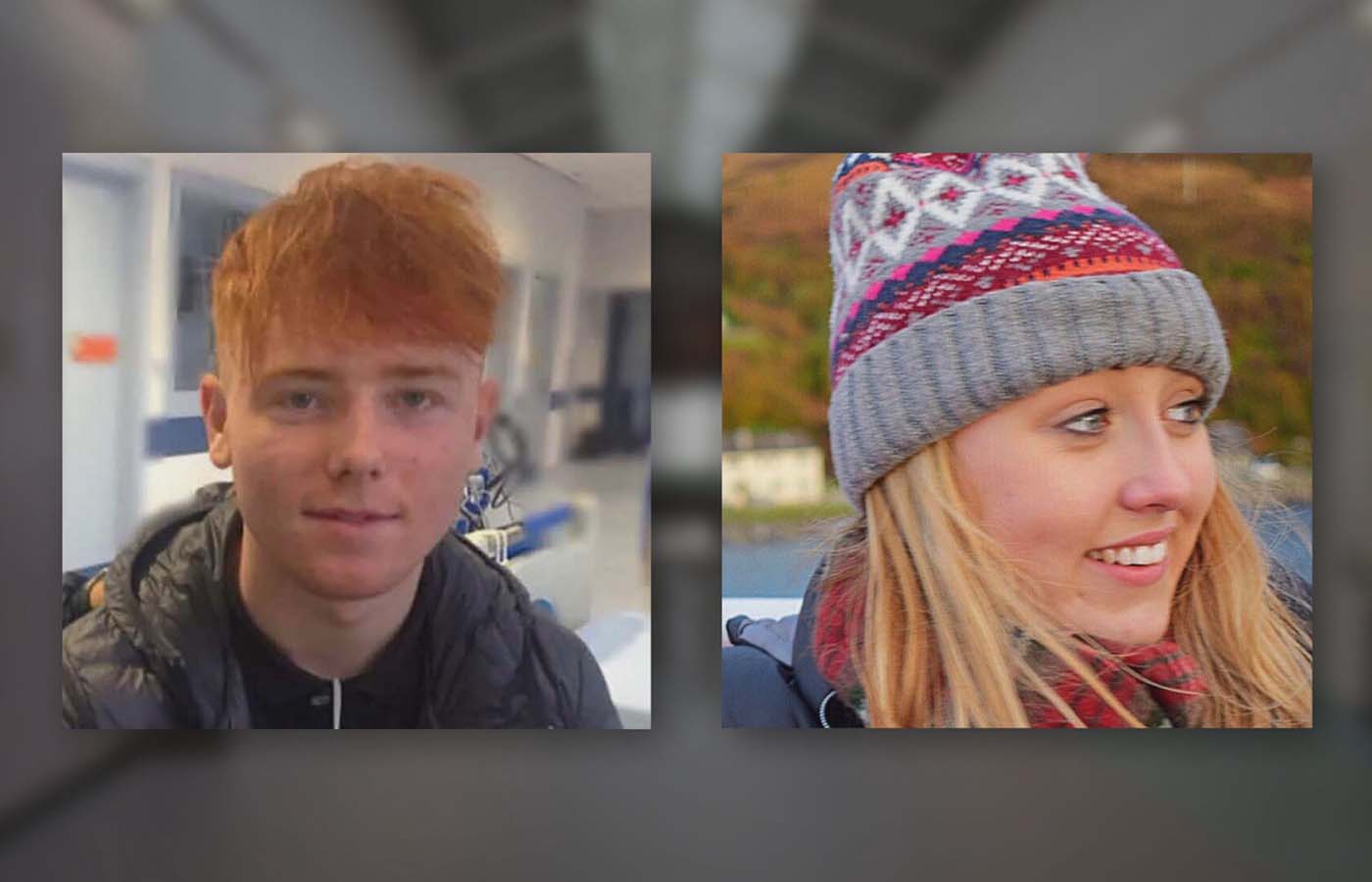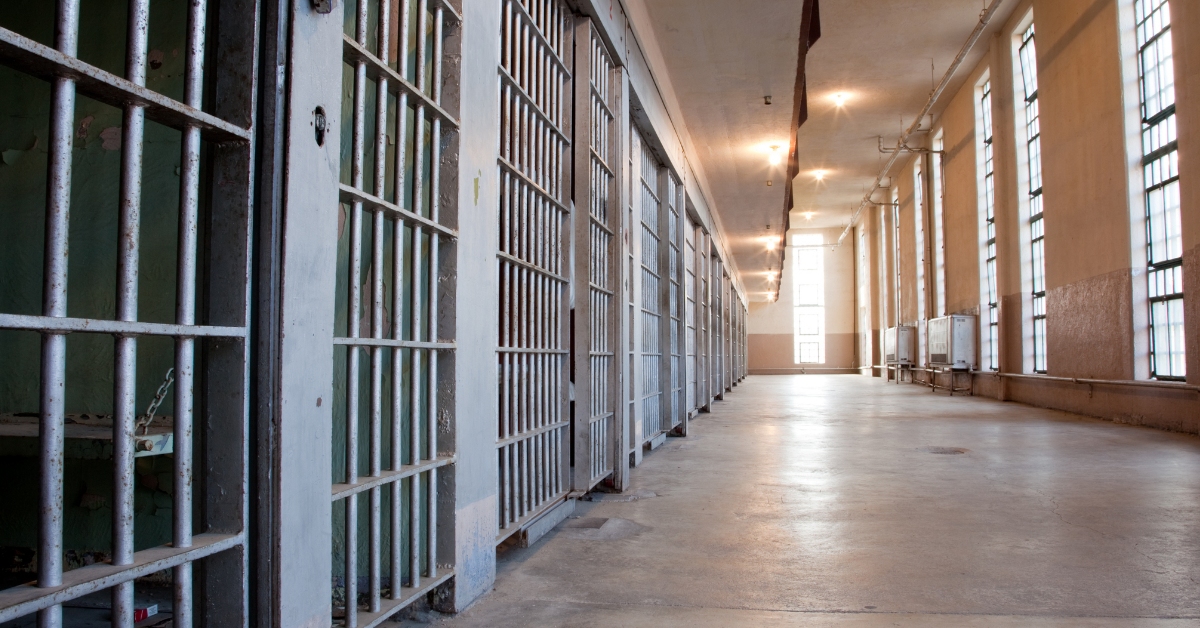The number of people dying in prison in Scotland has risen 60% in a year to 64, making the mortality rate one of the highest in Europe, according to a report.
The Scottish Centre for Crime and Justice Research (SCCJR) said deaths rose from 40 in 2023 to 64 in 2024, with the majority due to a health condition, suicide, or drug-related causes.
The SCCJR found 244 people died while in custody or the care of the state in 2024, which is the equivalent of more than four deaths a week.
Most of them (138) occurred among those detained on mental health grounds, 19 were after police contact and a further three in police custody, according to the report entitled: ‘Nothing to See Here? Deaths in Custody and their Investigation in Scotland in 2024.’
Furthermore, 16 children and young people died in care, three people died while detained in immigration centres, and one inpatient with learning disabilities died while living in hospital.
Professor Sarah Armstrong at the University of Glasgow, who led the research team, said: “Last year we reported there were 40 deaths in prisons in 2023, which has now surged to 64 in 2024.
“It is of real concern that the mortality rate in our prisons has more than doubled in the last decade and is now among the highest in Europe.
“When we looked at international comparators, our death rates are more like Azerbaijan and Moldova, where torture and corruption have been documented, than England and Wales.”
A Fatal Accident Inquiry (FAI) is mandatory after someone dies in prison or in police custody.
But researchers say the majority of the 244 deaths will not be subject to such an inquiry, which means very little is known publicly about who these people are and why they died.
The Procurator Fiscal may order a discretionary FAI where a death has been sudden or unexplained, or where families have called for one.
For example, in a year where 138 people died in mental health detention, there were just two discretionary FAIs published on mental health grounds. There were no FAI’s carried out into the deaths of looked-after children and young people.
Professor Armstrong added: “The reasons behind the recent increase could both be due to the challenging physical environment of prison and the regimes inside it.
“Poor air quality, access to healthcare, extended periods of time being locked in cells and increased isolation from others can all cause poor health, exacerbate existing conditions, and lead to a loss of hope.
“We also identified a recurring pattern in prison deaths with officers not completing cell checks adequately, health concerns of prisoners being treated by staff as drug seeking behaviour and signs of poor or declining mental health not being acted upon.
“Despite the Scottish Prison Service’s commitment to learn from each death in custody, it is worrying to see deaths occurring in similar circumstances year after year.”
Report co-author Linda Allan, whose daughter Katie Allan died in custody at Polmont Young Offenders Institution (YOI) in 2018, at the age of 21, called for greater transparency.
The Glasgow University honorary clinical associate professor said: “More than four people including children and young people die every week in this country while they are under the care of the state and it is unacceptable that in many cases we will never know what their names were, how they lived their lives, what led to their death and what these organisations are doing to stop it from happening again.
“We need independent, timely investigations for every death that occurs while someone is in the care of the state.
“We need to see robust data gathered, for internal reviews to be made public to ensure transparency, and for families to be included at every stage of the process.
“A Scotland where these things don’t happen is a Scotland that doesn’t care.”
 STV News
STV NewsKatie, who was a student at Glasgow University, had been serving a sentence for drink-driving and causing serious injury by dangerous driving when she killed herself.
Within months, William Brown, also known as William Lindsay, 16, killed himself in Polmont while remanded there due to a lack space in a children’s secure unit.
A fatal accident inquiry into their deaths found they “might have been avoided”, in a determination published earlier this year.
A Scottish Prison Service spokesperson said: “Every death, whether in prison custody or in our communities, is a tragedy for all those who knew and supported the individual.
“We are determined to deliver systemic change, at pace, to how we support people in our care, in a way which will be enduring, transparent and impactful.”
Police Scotland assistant chief constable Alan Speirs said: “Each year, thousands of people with a range of complex physical, mental and social issues have contact with police. It is therefore vital that any death following police contact is recorded and reviewed appropriately.
“This enables us to ensure that we did everything possible to safeguard that person. We have a duty of care in all public interactions and we continually strive to improve how we serve our communities.
“We take duty of care to people in police custody seriously and have rigorous procedures in place relating to the welfare of a person in custody.
“Police Scotland will notify the Crown Office & Procurator Fiscal Service (COPFS) of any death in police custody, and will also notify COPFS and the Police Investigations and Review Commissioner (PIRC) of any death following police contact where it is considered that police action was a contributable or causal factor, to allow independent assessment.”
A Scottish Government spokesperson said: “Every death in custody is tragic and a matter for concern and we will carefully consider the findings of this sobering annual report.
“The health and wellbeing of all those in custody is a priority for this Government and we continue to work with partners to ensure their safety.
“All of Sheriff Collins’s recommendations in his determination of the Fatal Accident Inquiry into the deaths at Polmont YOI of Katie and William have been accepted and the work on these is being delivered at pace with progress closely monitored.”
Follow STV News on WhatsApp
Scan the QR code on your mobile device for all the latest news from around the country




























